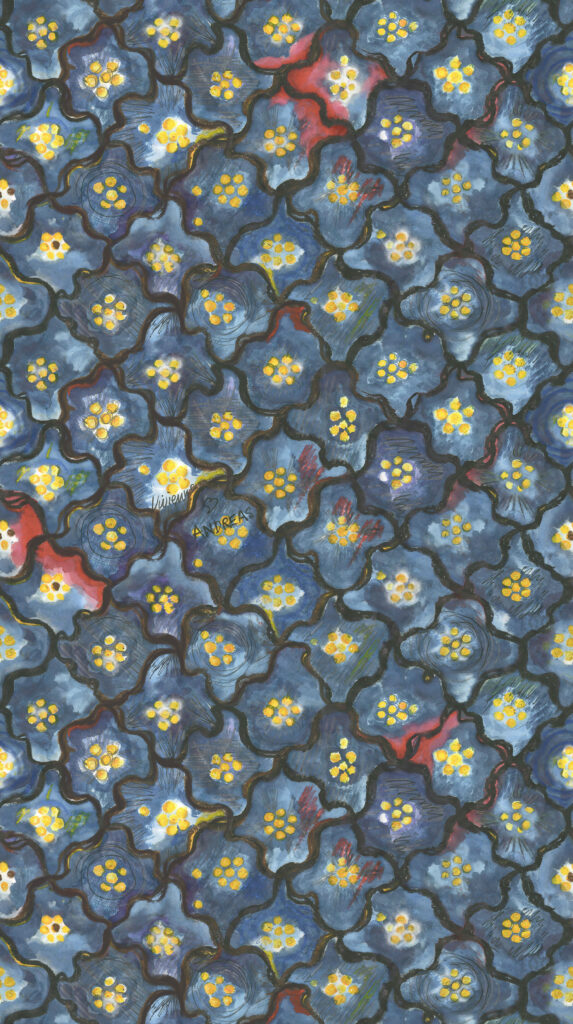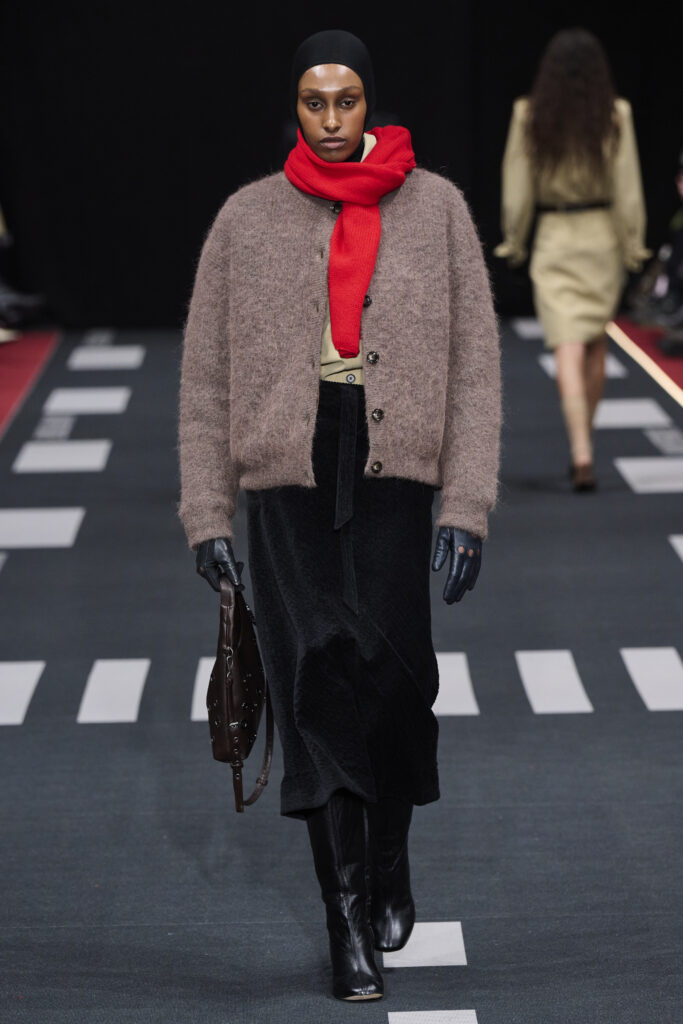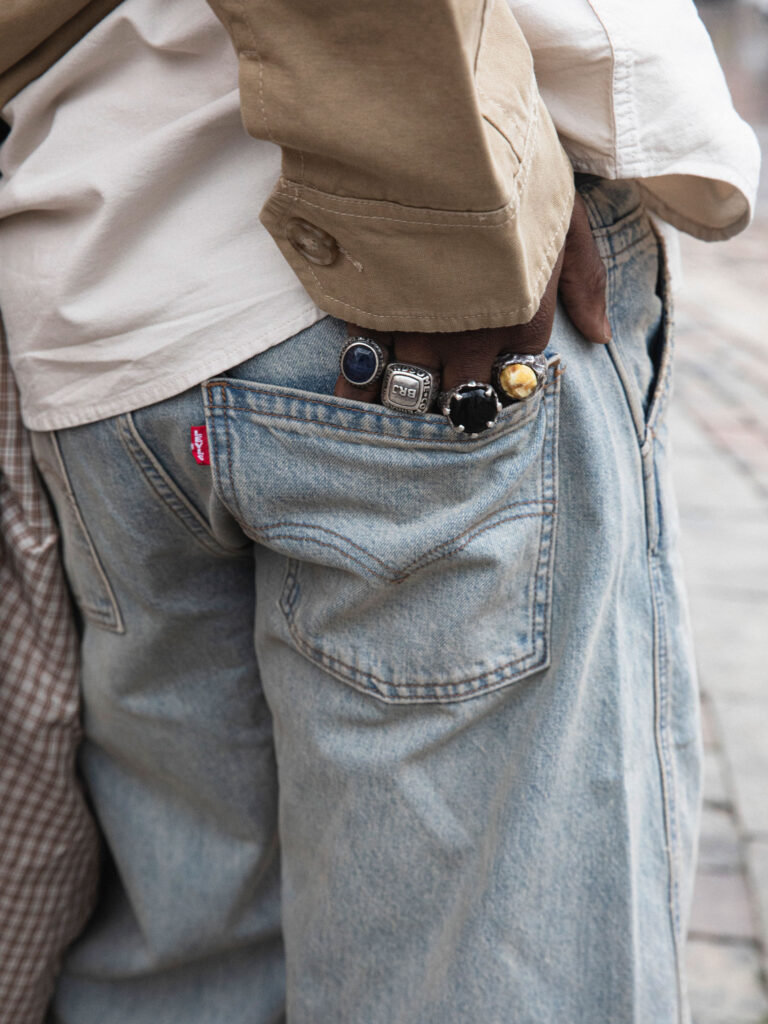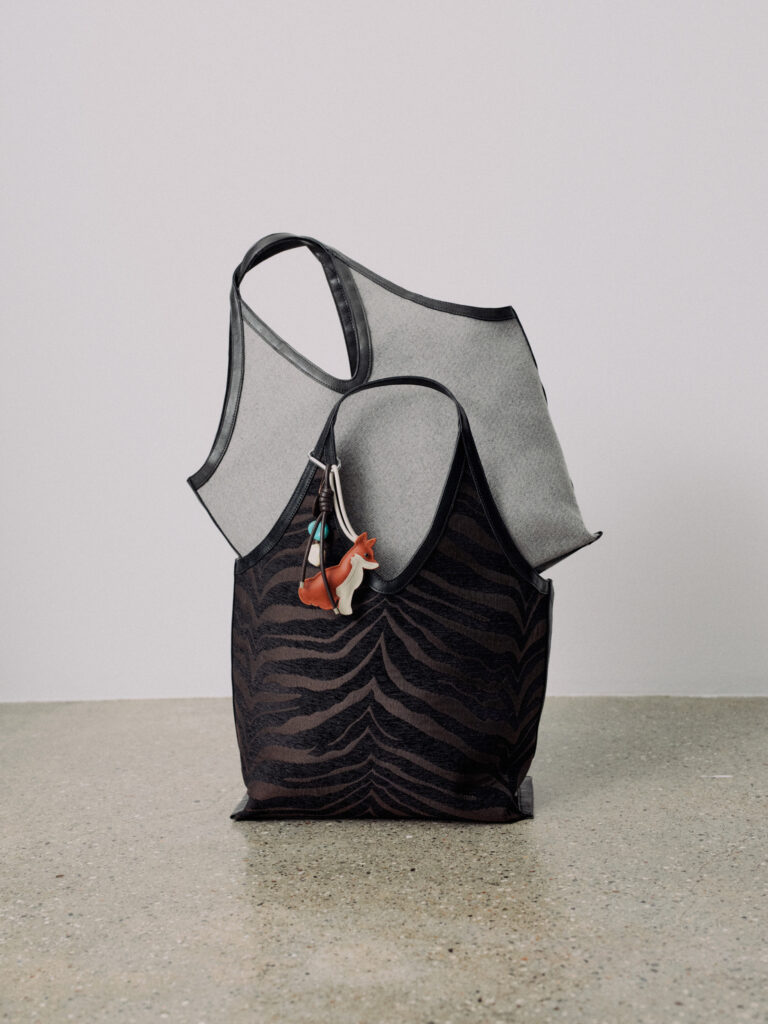Nobia Park: A New Era for Scandinavian Kitchen Design from Marbodal
Written by Natalia Muntean
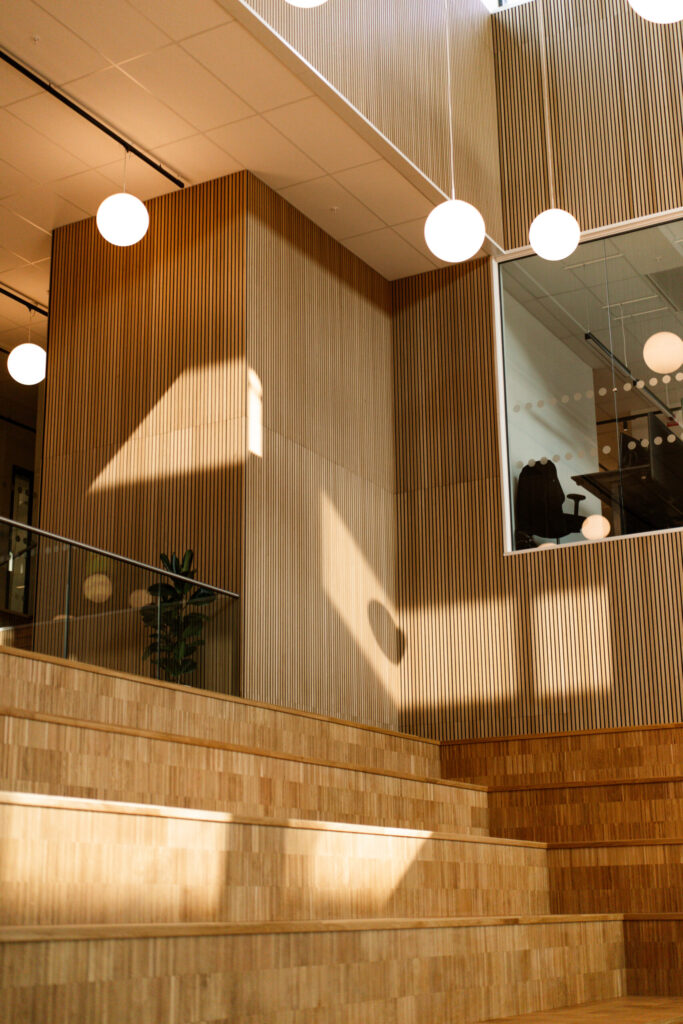
Imagine 17 full-size football fields or four Eiffel Towers laid on the ground. With a surface of 123,000 square metres, that’s the size of Nobia Park, the new production facility for Marbodal in Jönköping. A century after Marbodal’s first kitchen was built in Tidaholm, Nobia opens a factory designed for the next hundred years. Combining robotics, digital traceability, and Swedish design heritage, the BREEAM Excellent-certified site redefines what sustainable, high-tech production can look like and places the customer at the very heart of innovation.
“What’s most impressive is the leap we’ve made with this factory – it’s full of potential,” says Herman Persson, Design Director. “Few companies manage to bring an idea all the way to execution within the same organisation.”
“With our new painting technique, the colour is applied in one piece, creating a uniform, high-quality surface that is not only high-performing but also lovely to touch,” says Jenny Schild, Head of Product Category Frontals & Décors, describing the seamless quality of the fronts produced at Nobia Park.
For Anna Hamnö Wickman, Group Director Sustainability, Nobia Park’s strength lies in how deeply sustainability was built into its foundation: “BREEAM isn’t just a certification you get at the end, it’s something you have to integrate from the very beginning. Over 600 materials have been checked, approved and logged; that’s how thorough the work has been.”
Find out more about Nobia Park from our interview with EVP Supply Chain North at Nobia, Samuel Dalén.
Nobia Park is described as Europe’s most modern kitchen factory. What does that mean in practical terms for your production and customers?
Samuel Dalén: Our customers are the true beneficiaries of this investment. Nobia Park represents a completely new era in kitchen manufacturing. It’s a facility where advanced automation, inspired by the precision of the automotive industry, meets Scandinavian craftsmanship and design. The highly automated internal logistics and unique assembly processes make Nobia Park unlike any other production facility in our industry.
The new technologies for surface treatment and edge banding allow us to deliver a level of quality and customisation that simply hasn’t been possible before. The result is greater flexibility, shorter lead times, and exceptional reliability in delivery. Customers can expect kitchens of superior quality, with an expanded palette of colours and finishes, produced with the highest sustainability standards, in a BREEAM Excellent certified building that already meets future Nordic Swan Ecolabel requirements. Digitalisation also ensures full traceability and an enhanced service experience. Altogether, it’s a transformation that places the customer at the very heart of our innovation.
What were the biggest challenges during the five-year journey from idea to completion?
SD: Embarking on something no one has ever done before requires courage. Creating Nobia Park meant not only building a factory but also reshaping our entire way of working: from product range and technology to systems and organisational roles. Bringing all these dimensions together into a seamless whole was, at times, a real challenge.
Adding to that complexity, much of this journey took place during the pandemic, a period that tested our ability to collaborate closely with partners, suppliers, and teams across countries. Despite those obstacles, the shared ambition to redefine our industry kept everyone moving forward.
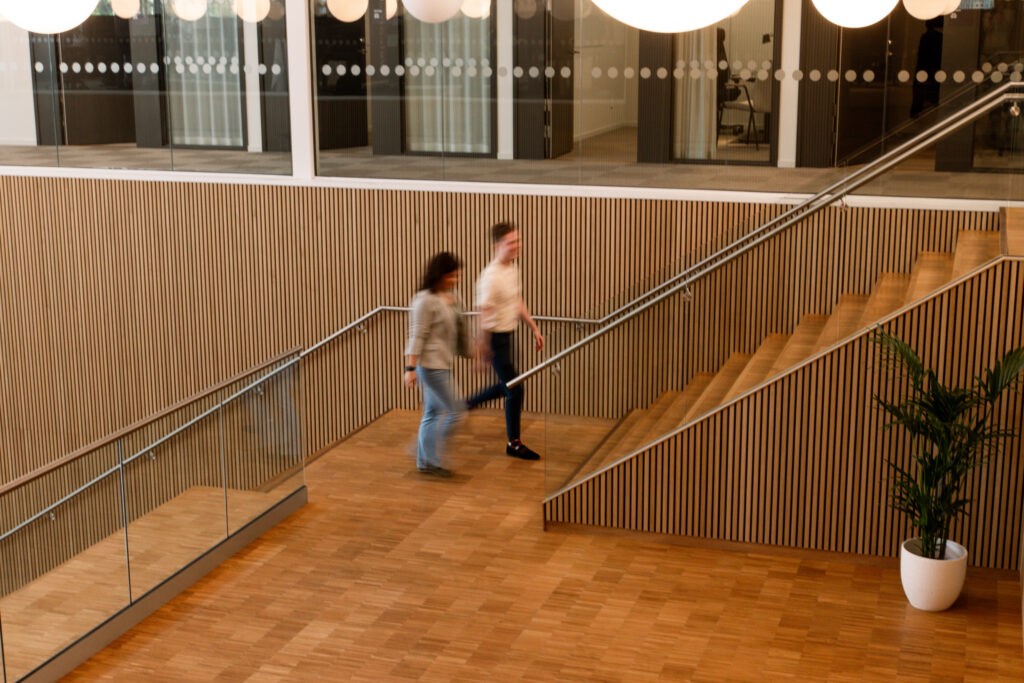
How did your teams collaborate between engineers, designers, and craftsmen when developing new technologies like ToneTech™ and PrimeShell™?
SD: The development of our trademarks ToneTech™ and PrimeShell™ was truly a multidisciplinary effort. Engineers, designers, product developers, and sustainability experts worked side by side, combining technical precision with aesthetic and environmental sensibility. The result is two innovations that embody both beauty and performance. Technologies that elevate the customer experience through exceptional durability, finish, and tactile quality.
This transformation comes to life in the kitchens produced here, including Marbodal, where Scandinavian design tradition meets the precision and sustainability of next-generation manufacturing.
Many manufacturers move production abroad. Why was it important for Nobia to keep this investment in Sweden?
SD: For us, staying in Sweden was never just a logistical decision; it was about honouring our heritage and building on the craftsmanship and design tradition that has defined us for a century. In a time when much production is being relocated abroad, Nobia Park stands as proof that sustainable, high-tech manufacturing has a natural place here in Sweden.
From Jönköping, we can efficiently serve the entire Nordic market while minimising transport distances and utilising renewable energy. Having full control from the very first shovel of soil has allowed us to design every aspect of the factory with sustainability and innovation in mind. It also ensures that the development of new technologies, like PrimeShell™ and ToneTech™, can continue to evolve right here, where design meets engineering excellence.
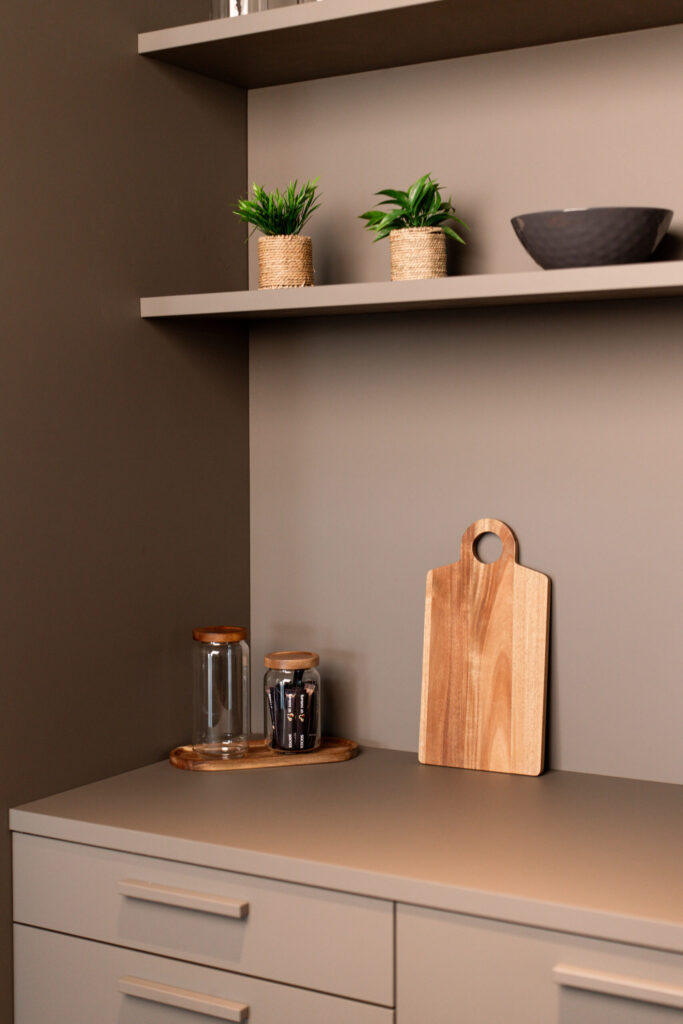
Marbodal has a 100-year legacy in Swedish design. How does this new facility help you carry that heritage into the future?
SD: Nobia Park allows us to bridge our heritage with the future. The craftsmanship and design expertise built over generations in Tidaholm now meet cutting-edge technology and modern, sustainable production in Jönköping. It’s the continuation of a proud tradition, but with the tools and vision to ensure it thrives for decades to come.
Beyond securing long-term production capacity, Nobia Park gives us the space and flexibility to grow, innovate, and continuously push the boundaries of what a Scandinavian kitchen can be. Producing Marbodal kitchens here at Nobia Park allows us to stay true to our Swedish roots, close to our designers, craftsmen, and customers, while embracing the most advanced production technology in Europe.
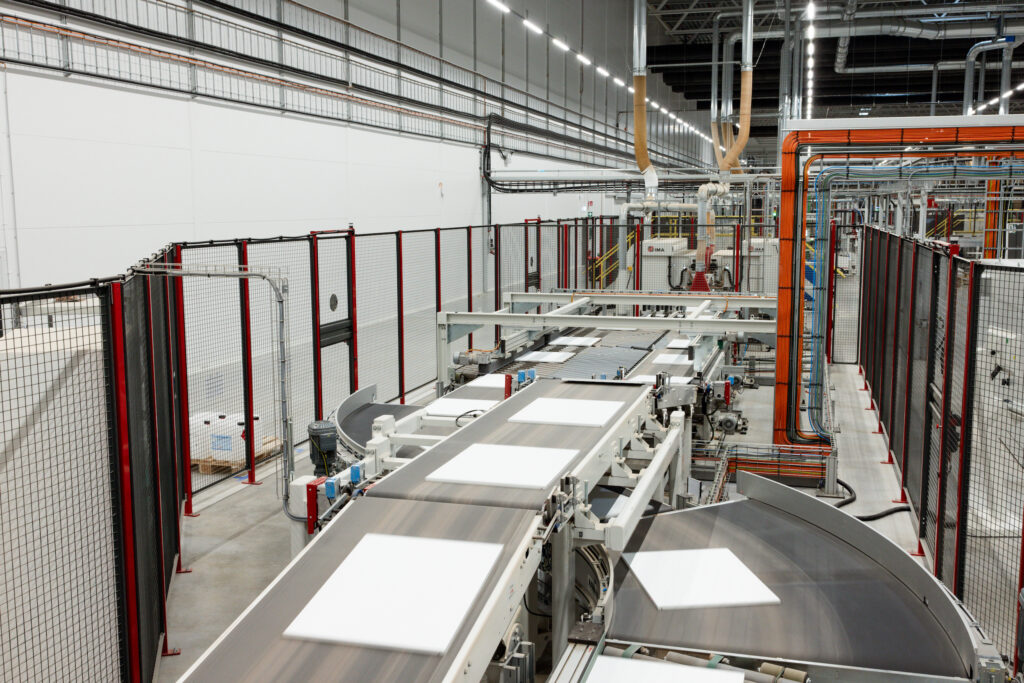
What would success look like for you in five years, both in terms of business growth and environmental performance?
SD: In five years, success will mean producing 1000 kitchens a day that exceed both our own and our customers’ highest expectations in quality, design, and sustainability. Environmentally, we aim to continue leading our industry in climate action. Thanks to Nobia Park’s resource efficiency and strategic location, we’re able to advance along our science-based climate pathway. We’ve already reduced our company-wide carbon footprint (scope 1 and 2) by more than 83% since 2016, and this facility will push us even further. While we are still in the ramp-up phase and currently only a portion of Marbodal kitchen production takes place at Nobia Park, we expect its full potential to be realised in the coming years.
Nobia Park will also serve as an innovation hub, exploring circular design, sustainable materials, and technologies that reduce environmental impact. With developments like PrimeShell™ and ToneTech™, we’re showing that durability, resource efficiency, and the phasing out of harmful substances can go hand in hand with beautiful design. Ultimately, we want to inspire our customers to embrace a more sustainable lifestyle through the kitchens they live in every day.
If you could sum up Nobia Park’s mission in one sentence, what would it be?
SD: Nobia Park’s mission is to reshape the end-to-end kitchen experience, combining innovation, design, and sustainability to create the kitchens of tomorrow.


